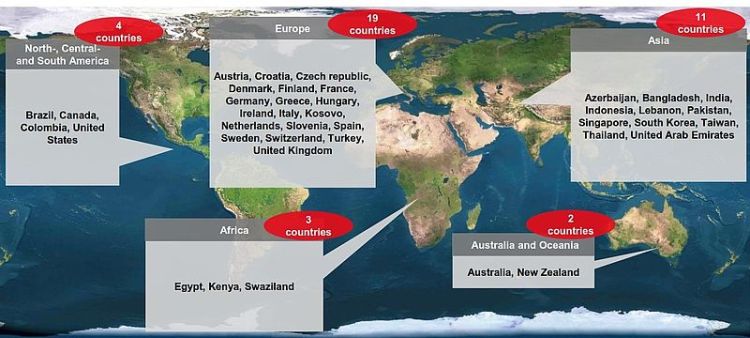The 21st century quality challenges for top management
- Centre for Operations and Supply Chain Research

Reliability in quality, supply chain and procurement is a high priority issue for top managers in many companies. Top managers are finely balancing expectations from shareholders for outstanding financial performance with exacting customer requirements and operational issues. Those organisations that are performing well are moving away from old values and cultures to adopt fast-paced technological changes with modern management capabilities.
Quality as a competitive advantage
A significant competitive advantage for organisations is the sustained delivery of “stand-out” quality products and services. Yet we still live in a world where poor quality in the public and private sectors is reported and, more recently it appears, with increasing frequency. Serious product failures and recalls continue to appear in the news frequently. Such news, covering all major sectors (eg food, medicine, energy, airlines, cars, mobile devices, toys and social media), have ruined the reputations of major brands and corporations.
Failure to manage quality in this fast-moving world is clearly damaging the reputations and financial returns of some major global brands and corporations. The procurement, quality, and supply chain professions report increasing concern about the risks to the quality of products and services sourced. Failure is not just restricted to the delivery of products and services either - the way that some major change is being mismanaged is also damaging the reputations of some high-quality brands. So, what can CEOs and top management do differently?
How to meet the challenge of reliability in quality, supply chain management and procurement
We conducted a global survey of top managers from over 140 large companies to determine a benchmark of leadership in quality, supply-chain management and procurement practice.

Companies from 39 countries across 5 continents participated
The online survey produced statistically significant results that showed that:
- CEOs and executive teams are better at demonstrating leadership, commitment and setting strategy than ensuring the implementation of quality management.
- To reduce high-profile failures and recalls of products, CEOs and executive teams need to demonstrate leadership, commitment, set strategy and be good at implementing quality management
- Vigilance in promoting risk-based approaches is not enough without effective quality planning and a culture of fact-based decision-making.
- There is a need to prioritise improvement on standardisation of quality/risk management processes and interfaces with supply chains and procurement.
- There is better governance of supply chain risk and higher standing of quality, procurement and supply chain management in companies that have quality and supply chain management functionsrepresented in the Boardroom.
- Interfaces between the CEO, Supply Chain Management and Quality Management at board level are crucial for maintaining quality and reducing supply chain risks.
Developing a best practice framework
While some top managers may have lost sight of the importance of good quality, reliable supply chains and procurement practices, the online survey has identified some exemplar companies.
We are currently investigating a sample of these companies with the aim of developing existing new frameworks that will address the whole set of requirements to assist top management regarding quality and supply chains.
To find out more you can visit the research project webpage. If you are interested in receiving a copy of the framework and final report once it has been finalised, please contact Professor Chee Yew Wong (research.lubs@leeds.ac.uk).
Contact us
If you would like to get in touch regarding any of these blog entries, or are interested in contributing to the blog, please contact:
Email: research.lubs@leeds.ac.ukPhone: +44 (0)113 343 8754
Click here to view our privacy statement. You can repost this blog article, following the terms listed under the Creative Commons Attribution-NonCommercial-NoDerivatives 4.0 International licence.
The views expressed in this article are those of the author and may not reflect the views of Leeds University Business School or the University of Leeds.

